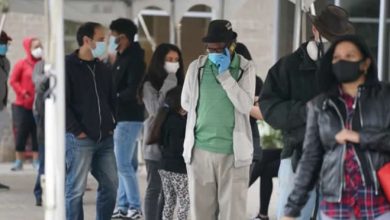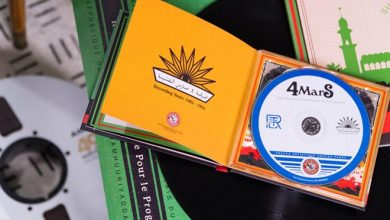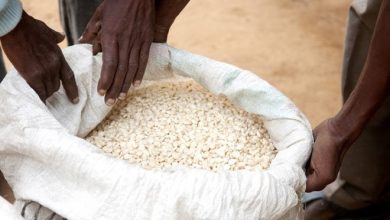Farmers in southwestern Somalia harvest unripe cereals to beat locust invasion
Small farmers in the southwestern Somali district of Baidoa have been rushing to harvest their precious cereal crops prematurely in an effort to salvage what they can before everything is destroyed by locusts.
Small farmers in the southwestern Somali district of Baidoa have been rushing to harvest their precious cereal crops prematurely in an effort to salvage what they can before everything is destroyed by locusts.
Sadiya Maadey Ibrahim, a farmer living with her family in Salbuuy, 18 km south of Baidoa, said as soon as she heard that the locusts were seen in Bay region, she moved fast to harvest her hectare of maize and sorghum early.
“The maize was still green, as it wasn’t due to be harvested until the end of February, but we were forced to salvage what we could,” Sadiya told Radio Ergo.
These were the first crops the family has planted in five years. Having suffered years of drought, she and her husband and eight children came back home to the village last October when there was good rainfall. They had been living in an IDP camp in Baidoa town called Liban 1 camp, where life was miserable.
“We were given two million Somali shilling ($62) by my relatives to come back and resume farming,” Sadiya said. “My family has been dependent on aid for too long.”
The problem now is how to dry the unripe grain. Sadiya has put the sorghum seeds onto plastic bags laid out on the ground and covered them with more plastic, to protect them from the locusts.
The situation in this breadbasket region of Somalia is fast turning desperate for many families. The local farmers’ association told Radio Ergo that people began reaping their sorghum and maize in early January when locusts were reported to have descended on Bay region.
The farms worst affected are those located between Baidoa and Bardale and others in Awdinle, west of Baidoa.
Faduma Mohamed Ahmed, a farmer in Misgaale, harvested all her sorghum, maize and beans as soon as the locusts started to appear.
“The news about locusts created a lot of confusion. People were saying, ‘they are coming, they’ve reached a nearby village.’ So we took our equipment and started to harvest our crops as fast as we could,” said Faduma.
Nuurto Hussein Abdi, living in Baqdaad 27 km from Baidoa, already lost all her sorghum and maize to the locusts, incurring a loss of five million Somali shillings ($156). As a single mother, she was hoping for a good harvest for her seven children but she is now dependent on others whose crops have survived.
“The locusts have ruined all our hopes. Now we are having to beg from other people. This is not a loss that I had anticipated,” explained Nuurto.
Professor Abdulkadir Abuu, an agriculture expert at Baidoa University, warned of possible health risks resulting from the premature harvesting of cereals, as the grains could go bad or become contaminated by harmful mould. He warned farmers not to pack the unripe grain in sacks nor to store it indoors, as the unripe grains need plenty of time to dry in the sun.





